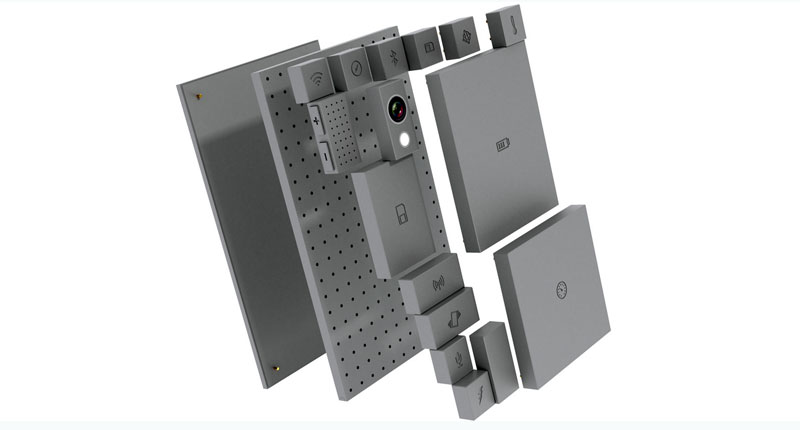MTN South Africa has once again emerged as the country’s top-performing mobile network, securing the highest score in the Q2 2025 MyBroadband Network Quality…
Google’s Project Ara outs new Nvidia Tegra K1, Marvell quad-core modules

Google’s latest venture into the Mariana Trench of the technology world is its Project Ara, it’s rather ingenious modular smartphone concept. Although it’s no Google Glass (a failure), it certainly needs a bit of a marketing kick to entice the masses to stop and take notice.
The latest news outed by the company might just be the kick it needs.
The latest modules supported by the smartphone comes courtesy of chip manufacturers Nvidia and Marvell: the Tegra K1 CPU and the 64-bit Marvell quad-core PXA1928 CPU. In other words, loads of horsepower.
Outed on a Google+ post over the weekend written by project head Paul Eremenko, the company noted that these two chips will form the basis of the reference designs:
For the AP [Application Processor] modules, we have been working with our friends at Marvell and NVIDIA to create two separate reference designs and form factor module prototypes around their PXA1928 and Tegra K1 processors, respectively, using a Toshiba UniPro bridge ASIC to connect to the on-device network.
Essentially the designs will be outed come January at the Project Ara Developers Conference and the prototype will arrive in the Northern Spring. Not long to wait then.
If you aren’t too familiar with the Nvidia Tegra K1’s power, the company touts that its silicon is close to giving Intel‘s 22nm Haswell range a run for its money. Those are desktop performance grade CPUs for the most part, so high claims.
Of course, the Nvidia Shield gaming tablet also uses the silicon cocktail to great effect. So thankfully, Ara, once launched, will be rather swift and ridiculously customisable.
Is Project Ara the future of the smartphone? Let us know in the comments.

